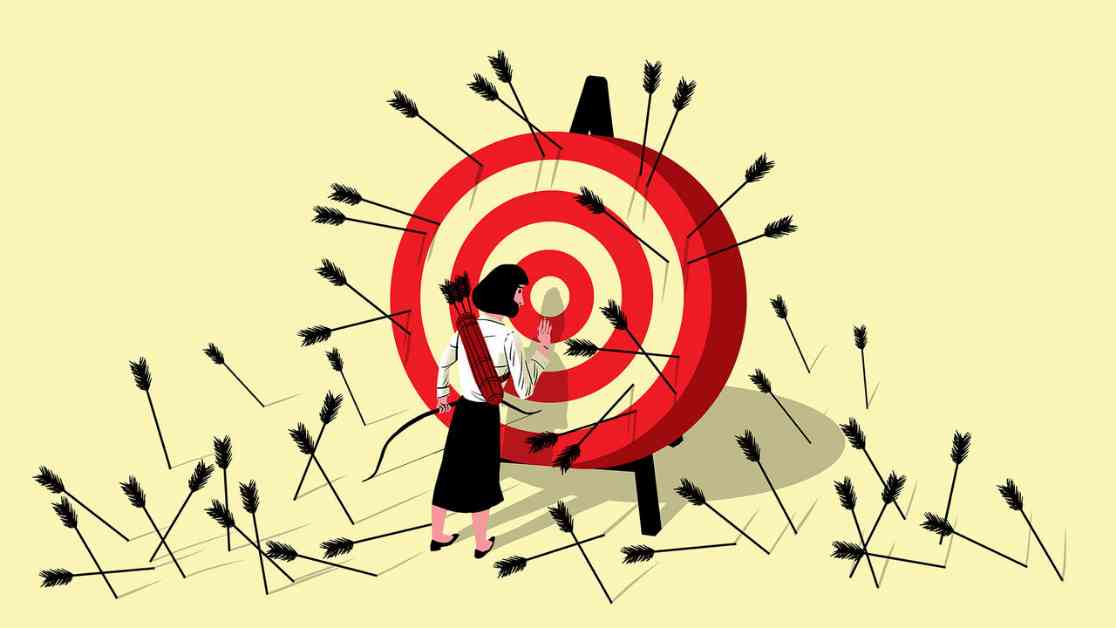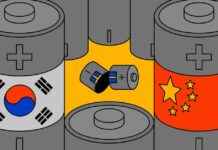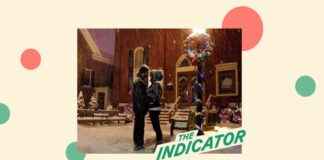Embracing Mistakes: The Benefits of Being Wrong
In a world where perfection is often glorified, a simple oyster sauce mishap in southern China over a century ago reminds us of the power of embracing mistakes. On a fateful day in 1888, Lee Kum Sheung, a young cook, accidentally let his oyster soup simmer down into a thick, sticky gravy. Rather than lamenting his error, he tasted the concoction and discovered a delicious new flavor. This serendipitous mistake led him to create what we now know as oyster sauce, a culinary staple that would eventually make his family one of the wealthiest in Hong Kong.
The Power of Mistakes
As James Joyce once famously said, “Mistakes are the portals of discovery.” This sentiment rings true in the story of Lee Kum Sheung, whose accidental culinary creation opened the doors to immense success. While society often stigmatizes mistakes as failures, they can actually be valuable learning opportunities. When we allow ourselves to make mistakes and learn from them, we open ourselves up to new possibilities and innovations that we may never have discovered otherwise.
Lessons for Today
In a world driven by the fear of failure, Lee Kum Sheung’s story serves as a powerful reminder that mistakes are not always setbacks. Instead, they can be stepping stones to greatness. Whether in business, art, science, or everyday life, embracing our mistakes can lead to unexpected breakthroughs and growth. So the next time you find yourself facing a blunder, remember the story of the accidental oyster sauce and ask yourself: What hidden opportunities might this mistake reveal?
Conclusion
Lee Kum Sheung’s journey from accidental sauce maker to wealthy entrepreneur is a testament to the transformative power of mistakes. By shifting our perspective on errors from failures to opportunities, we can unlock our full potential and pave the way for innovation and success. So, the next time you make a mistake, don’t be quick to judge yourself—instead, take a moment to reflect on what new doors it might open. Who knows, your next big breakthrough could be just one mistake away.



















